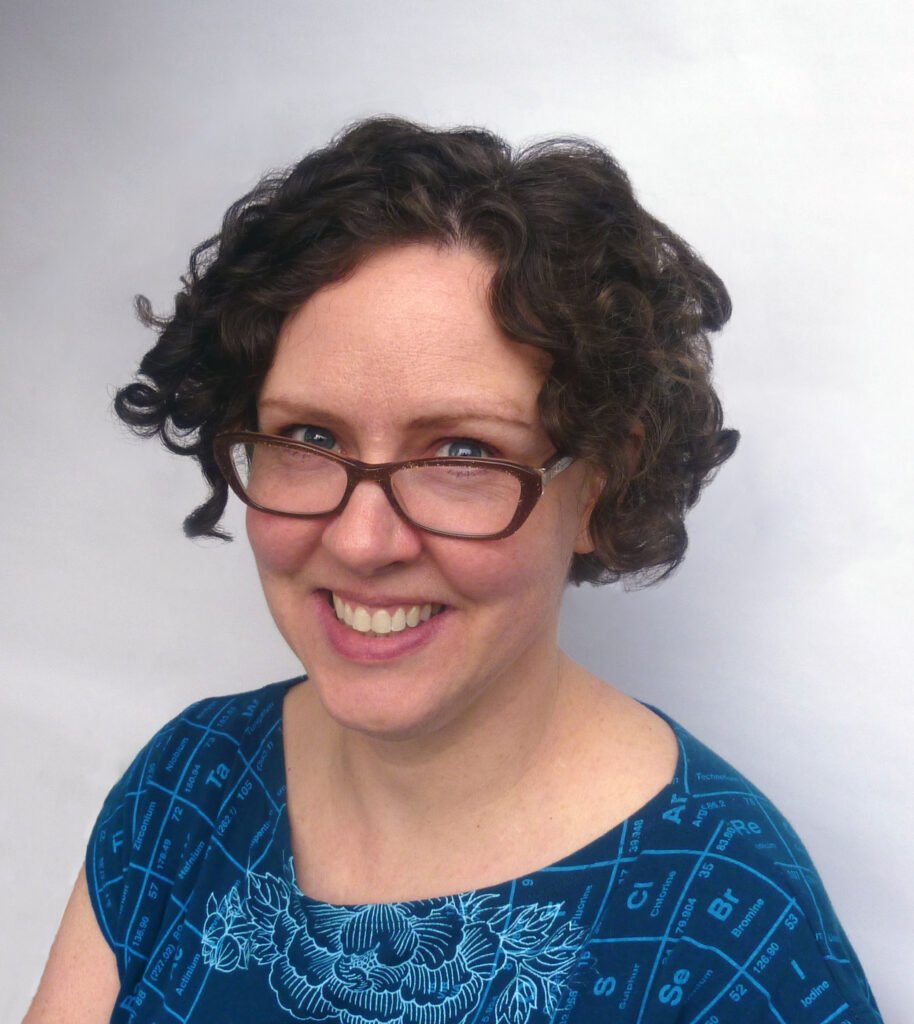
snagged
snagged
nadine flagel
on view in gallery: january 21 - march 4, 2021
artist talk: 5:30p, february 26
on zoom


Nadine Flagel’s hooked rugs explore the implications of fast fashion by restaging and reusing post-consumer textiles. Consumer culture imperatives tell us to throw away textiles, and North Americans do: about 65 lbs. per person, per year. We cannot easily measure or mitigate the overwhelming environmental and social impacts of textile production and waste. However, alternative perspectives suggest that snagged or spoiled clothing can enter the creative realm of possibility instead of the landfill. A snag is the emergence of the unexpected: the jolting sensation when a boat hull grazes a submerged log, or when your sweater catches on a rusty nail. The snag is the obstacle that captures attention. The techniques of rug hooking, specifically, can be read as the purposeful snagging of fabric that has on a smaller scale already been snagged. The vibrant hooked rugs in Snagged make visible, problematize, and celebrate clothing at the edge of use.

Nadine Flagel (Vancouver, BC) is a self-taught textile and fibre artist whose mission is making art out of “making do.” She holds a Ph.D. in English Literature from Dalhousie University and has taught literature and composition at university. She is interested in the repurposing of both texts and textiles. Both practices rely on cutting up existing text(ile)s, on aesthetic and sensual appeal, on thrift, and on putting old things into new combinations, thereby intensifying and multiplying meanings. Recently she was able to explore these connections in a residency at Kingsbrae International Residency for the Arts in St Andrews, NB. Flagel has also taught at Maiwa School of Textiles, written about textile art, received grants to make art with youth, and collaborated with Deirdre Pinnock to create a public art commission in Richmond, BC. She is a member of the Vancouver Guild of Fibre Artists, CARFAC, and the Craft Council of British Columbia. As a settler, Nadine lives and works on unceded land of the Sḵwx̱wú7mesh (Squamish), səl̓ilwətaɁɬ (Tsleil-Waututh), and xʷməθkʷəy̓əm (Musqueam) peoples.

